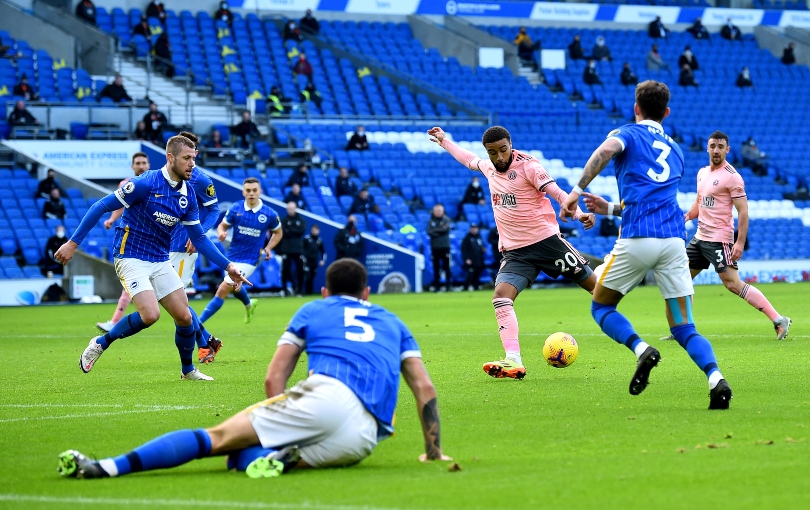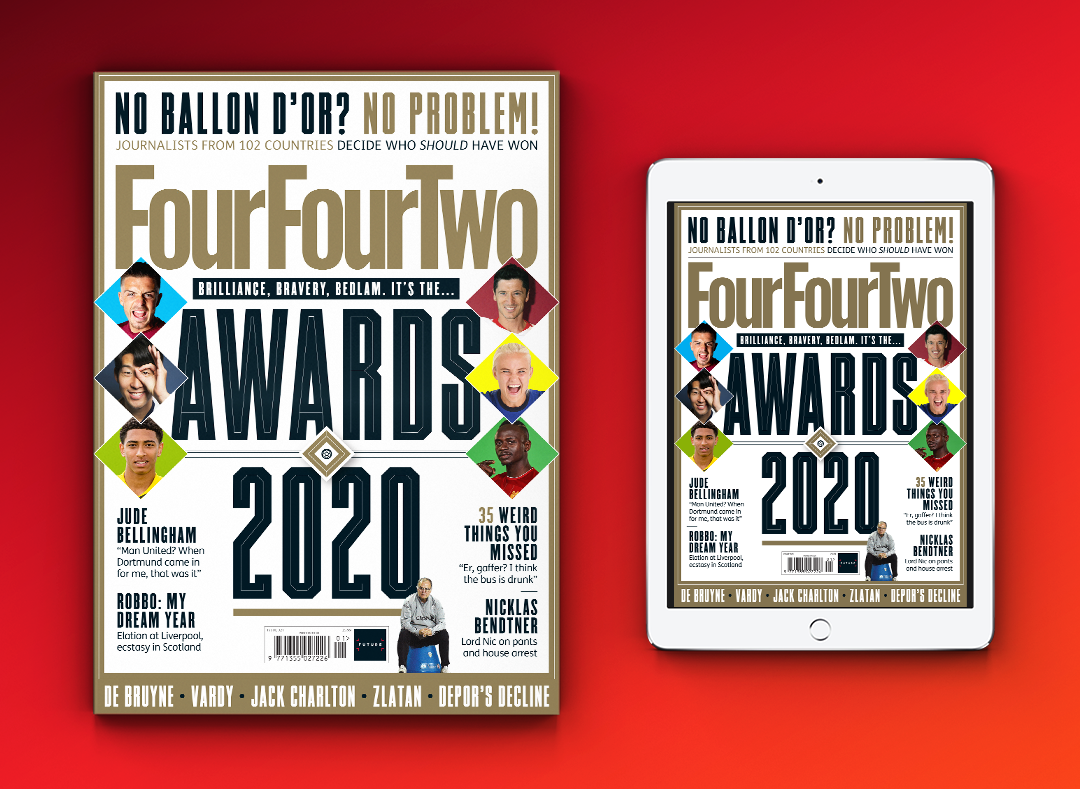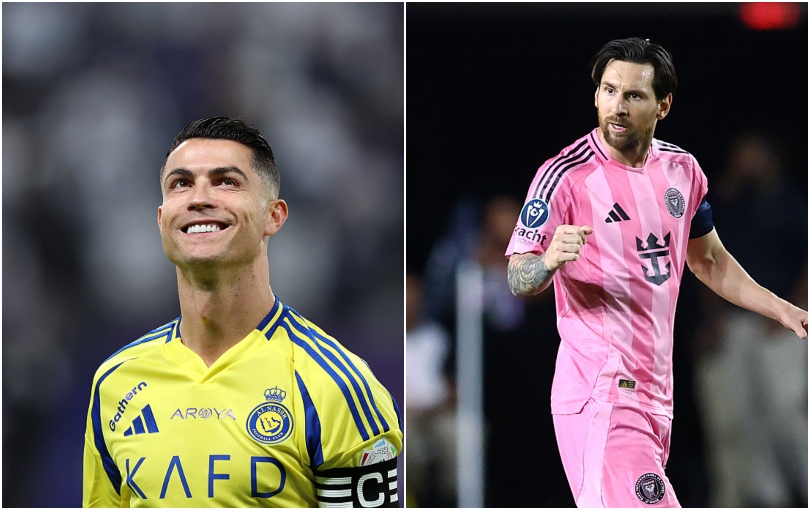Do Brighton have a bigger problem than they realise?
A progressive footballing philosophy and exciting young players mean Graham Potter's Brighton are often praised – but results aren't matching their promise

In their final games before Christmas, Burnley Burnleyed their way to a win and Brighton Brightoned their way to a draw. Burnley, seemingly trapped in a four-way battle for the three relegation places, went above Brighton.
Only one has received much praise this season and it isn’t Burnley, with their eternally unfashionable style of play. Brighton feel the progressive club. Except that they are not progressing, which rather raises the question of when they will. The last 18 months have been revolution, transition and stasis at the same time, ending up in a similar part of the table while playing a radically different brand of football that promises a brighter future.
Brighton ride high in the possession charts (seventh), shot count (also seventh) and expected goals (10th). They have the fourth-best expected goals against. They are a very good team; if, that is, definitions of being good do not require winning games.
Last Sunday, Brighton came from behind to draw 1-1: it is something they have already done three times this season. Yet it was against 10-man, winless Sheffield United. It felt symbolic, highlighting a lack of ruthlessness of a team who get plaudits but fail to win many of the winnable games.

Especially at home. Under Chris Hughton, Graham Potter’s more pragmatic predecessor, Brighton had a respectable record at the American Express Stadium. Under Potter, they have beaten one team there in Premier League action in 2020 which, as their victims were Arsenal and the remaining visitors are the Gunners, will remain the case. In a way, too, it illustrates the peculiarities of this Brighton, a team capable of defeating Arsenal twice last season, of drawing with Liverpool this year and of doing everything but beat Manchester United on an afternoon when Leandro Trossard hit the woodwork three times, but who can only collect three points from home games against West Brom, Burnley and the Blades.
There is a point when it stops feeling unfortunate or the sort of run of poor luck that, as the cliché has it, will even itself out over a season. It reflects on what might be fundamental failures in both penalty boxes: the previously impressive Mat Ryan has been dropped with a 50 per cent save rate that even Kepa Arrizabalaga might deem unsatisfactory. An 8.8 chance conversion rate is one indication of profligacy. That Neal Maupay usually underperforms his expected goals is a factor, but there is a wider issue: too many of Potter’s technical players are insufficiently clinical in front of goal. The finishing touch can come with time; or maybe Brighton just are not good enough in front of goal.
And it is tempting to wonder if, while Brighton are an evolving team, they nonetheless have the characteristics of Potter’s previous side. In some respects, he did an excellent job with Swansea, taking the wreckage of a relegated team, playing fine football and developing young talent. Yet his side came 10th with Oli McBurnie and Daniel James; a year later and after selling each, Steve Cooper’s side finished sixth.
Get FourFourTwo Newsletter
The best features, fun and footballing quizzes, straight to your inbox every week.
There is a parallel with Brighton, with the development of Ben White, Tariq Lamptey and Aaron Connolly. In each case, a manager’s work is not purely reflected by results. But while some of Brighton’s best results – wins at Newcastle and Aston Villa – have been excellent and emphatic, there have been too few of them. The evidence of the eye is that they are a far superior side to two years ago; the table suggests they are similar. It is beginning to feel like underachievement and should a resurgent Fulham emulate Burnley by leapfrogging Brighton, it will become particularly costly. A side who look forever on the cusp of taking a leap forward risk taking a giant step backwards.
NOW READ
RICHARD JOLLY Is crossing a dead art? How swinging it in became the hallmark of uncreative sides
FOOTBALL HERITAGE Every Premier League club's coolest sponsor
SOCIAL MEDIA Which footballer did you pretend to be in the playground? FourFourTwo readers have their say
Richard Jolly also writes for the National, the Guardian, the Observer, the Straits Times, the Independent, Sporting Life, Football 365 and the Blizzard. He has written for the FourFourTwo website since 2018 and for the magazine in the 1990s and the 2020s, but not in between. He has covered 1500+ games and remembers a disturbing number of the 0-0 draws.

